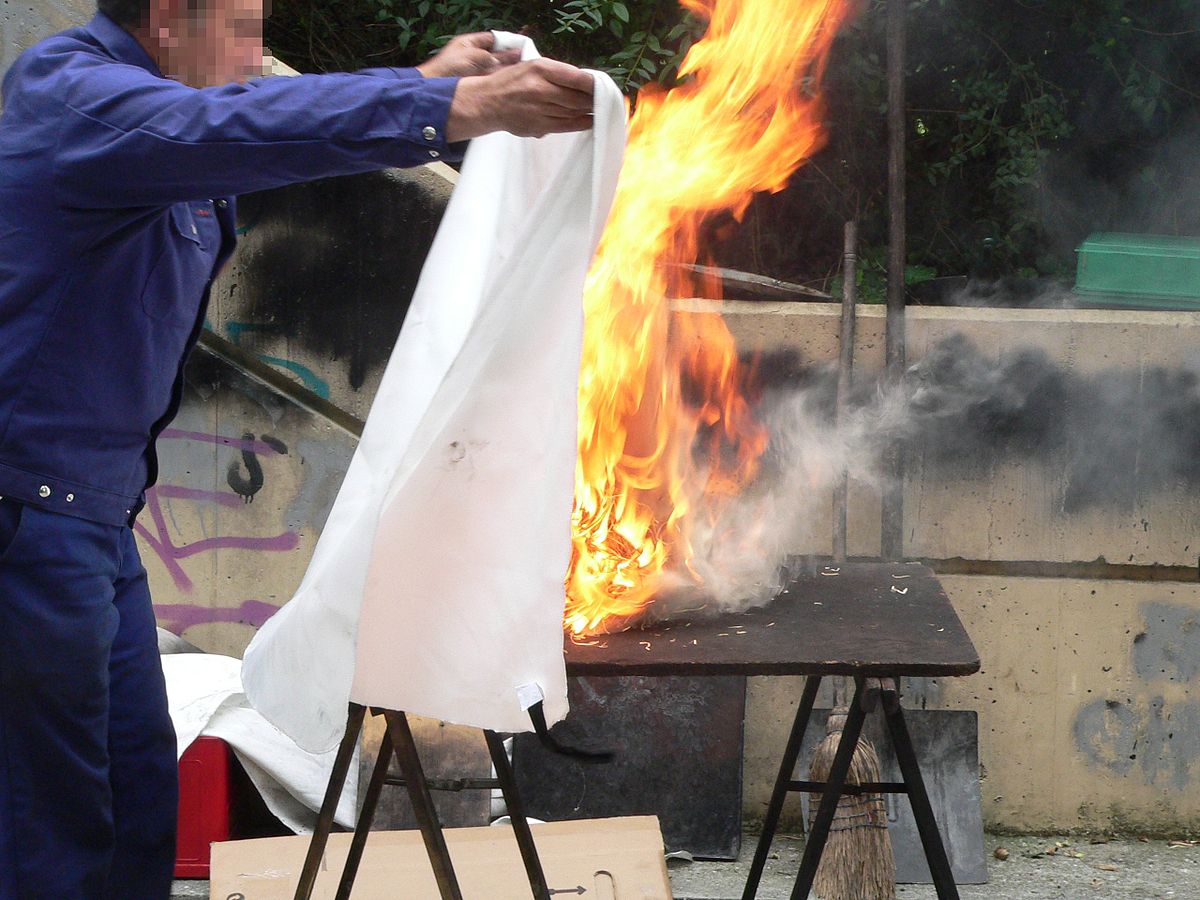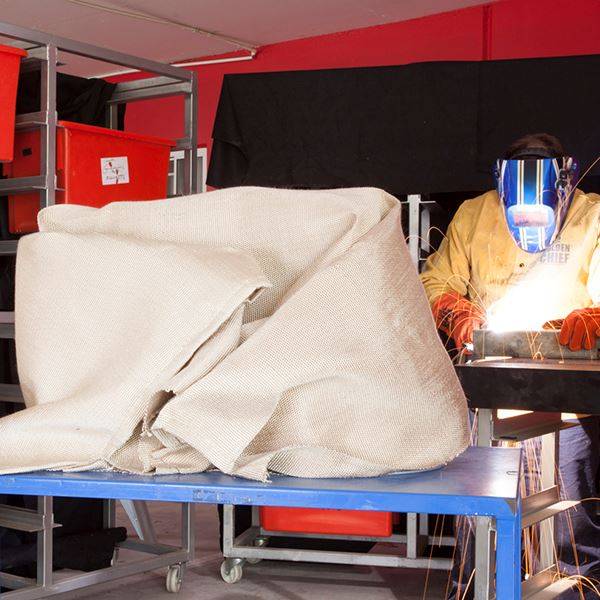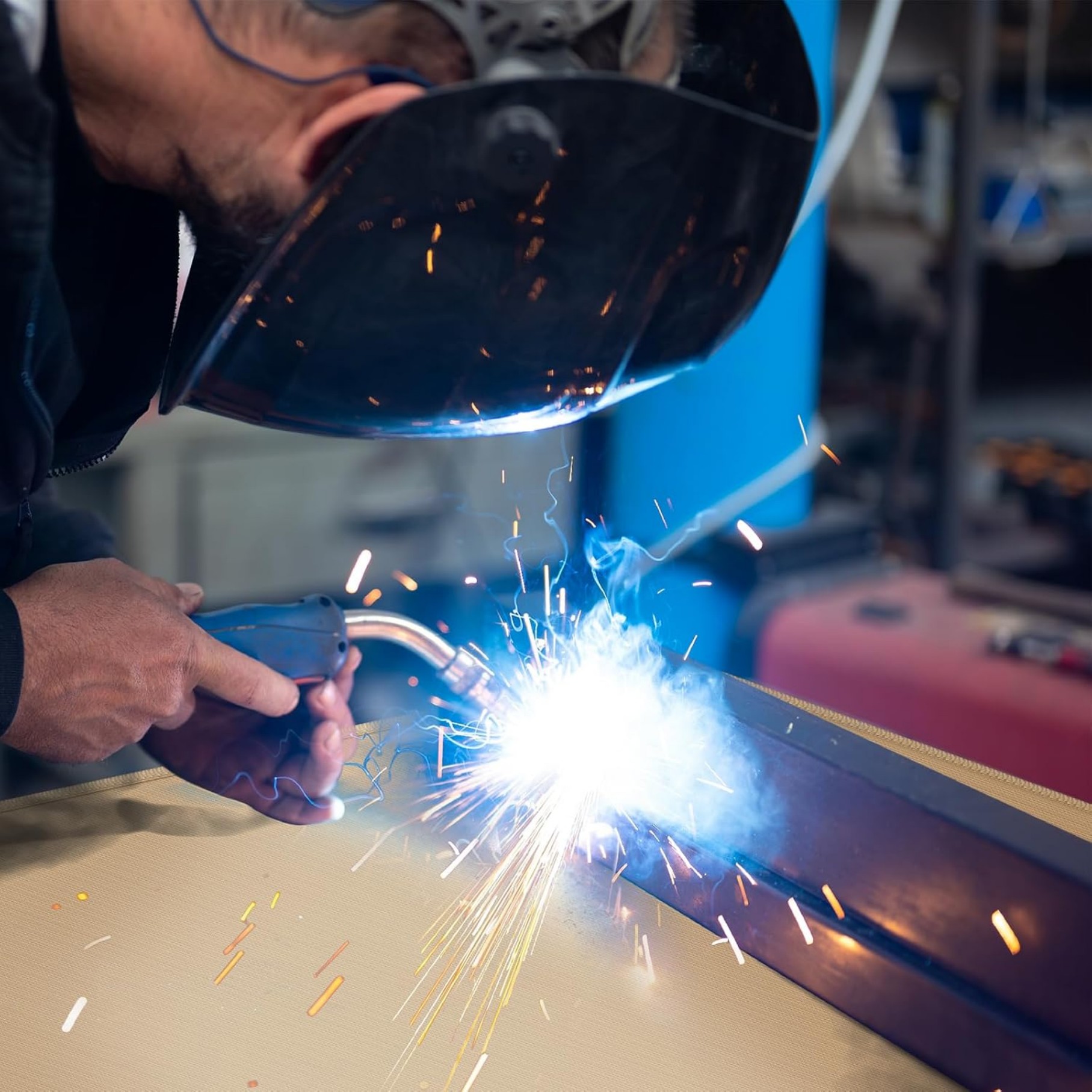Spark Containment Fire Blanket Coast: Essential Safety Gear for Coastal Fire Hazards
Coastal areas face unique fire risks from sparks and embers. A spark containment fire blanket coast edition provides specialized protection against wind-driven embers and coastal fire hazards. This guide explains its features, uses, and why it's crucial for shoreline safety.
Why Coastal Areas Need Special Fire Protection

Coastal environments present distinct fire challenges. Strong winds can carry sparks further, while salty air may corrode standard fire equipment. The spark containment fire blanket coast version addresses these issues with:
- Wind-resistant edges that prevent lifting
- Corrosion-resistant materials that withstand salty air
- Extra weight for stability in breezy conditions
- High visibility colors for easy location on beaches
Unlike regular fire blankets, the spark containment fire blanket coast model stays securely in place even with 20+ mph winds, making it ideal for beach bonfires, marina safety, and coastal construction sites.
Key Features of Coastal Fire Blankets
When selecting a spark containment fire blanket for coastal use, look for these essential features:
- Marine-grade fiberglass:Resists saltwater corrosion and maintains integrity in humid conditions
- Reinforced grommets:Allows for secure anchoring in sandy or rocky terrain
- Extended coverage:Typically larger (6'x8' or more) to contain spreading embers
- Quick-release packaging:Easy to deploy with one hand in emergencies
Proper Use of Your Coastal Fire Blanket
To maximize your spark containment fire blanket coast safety system:
- Store it in an easily accessible, dry location
- Inspect monthly for salt buildup or damage
- Place between fire and flammable materials before lighting
- Cover flames completely, leaving no gaps for oxygen
- Leave in place until completely cool (minimum 30 minutes)
Coastal Fire Scenarios Where It's Essential
The spark containment fire blanket coast edition proves invaluable in these common shoreline situations:
- Beach bonfires:Contains wayward sparks from driftwood fires
- Boat maintenance:Protects against welding or grinding sparks near fuel
- Coastal construction:Safeguards against power tool sparks in dry brush areas
- Marina safety:Emergency protection for fuel spills or electrical fires
Maintenance for Long Coastal Service Life
Salt air demands special care for your spark containment equipment:
- Rinse with fresh water after saltwater exposure
- Air dry completely before refolding
- Check grommets monthly for corrosion
- Replace every 3-5 years or after any fire use
Remember: A spark containment fire blanket coast model isn't just for emergencies. Deploy it proactively as a spark barrier when lighting fires in windy coastal conditions.
How It Compares to Standard Fire Blankets
While standard blankets work for indoor kitchens, coastal versions offer critical upgrades:
| Feature | Standard Blanket | Coastal Blanket |
|---|---|---|
| Wind Resistance | Minimal | High (weighted edges) |
| Material | Basic fiberglass | Marine-grade with anti-corrosion |
| Size | 3'x3' to 4'x4' | 6'x8' or larger |
| Deployment | Quick pull | Anchorable system |
Choosing the Right Size for Your Needs
Select your spark containment fire blanket coast size based on these guidelines:
- Small (4'x4'):Personal watercraft, kayak safety kits
- Medium (6'x6'):Family beach outings, small boat use
- Large (8'x8'):Marina stations, coastal campgrounds
- Extra Large (10'x10'):Commercial docks, coastal construction
For most coastal applications, the 6'x8' spark containment fire blanket coast model offers the best balance of portability and coverage area.
Final Safety Tips for Coastal Fire Management
Beyond having your spark containment fire blanket coast ready, follow these additional precautions:
- Always check local fire regulations before burning
- Clear a 10-foot radius of flammable materials
- Keep a bucket of water or sand nearby
- Monitor wind forecasts - avoid fires in high winds
- Never leave fires unattended
Your spark containment fire blanket coast edition provides essential protection, but proper fire management practices complete your coastal safety system.






